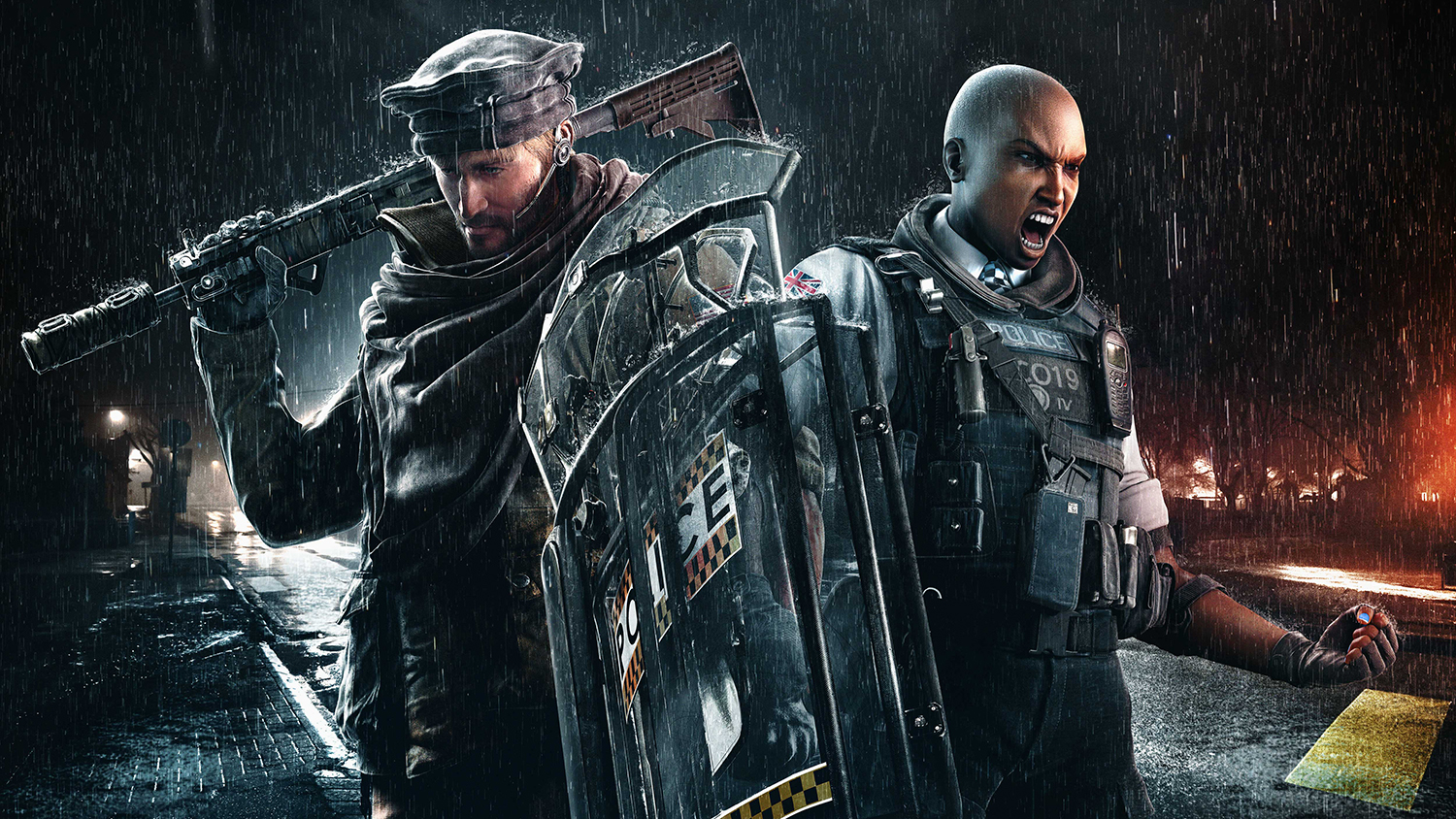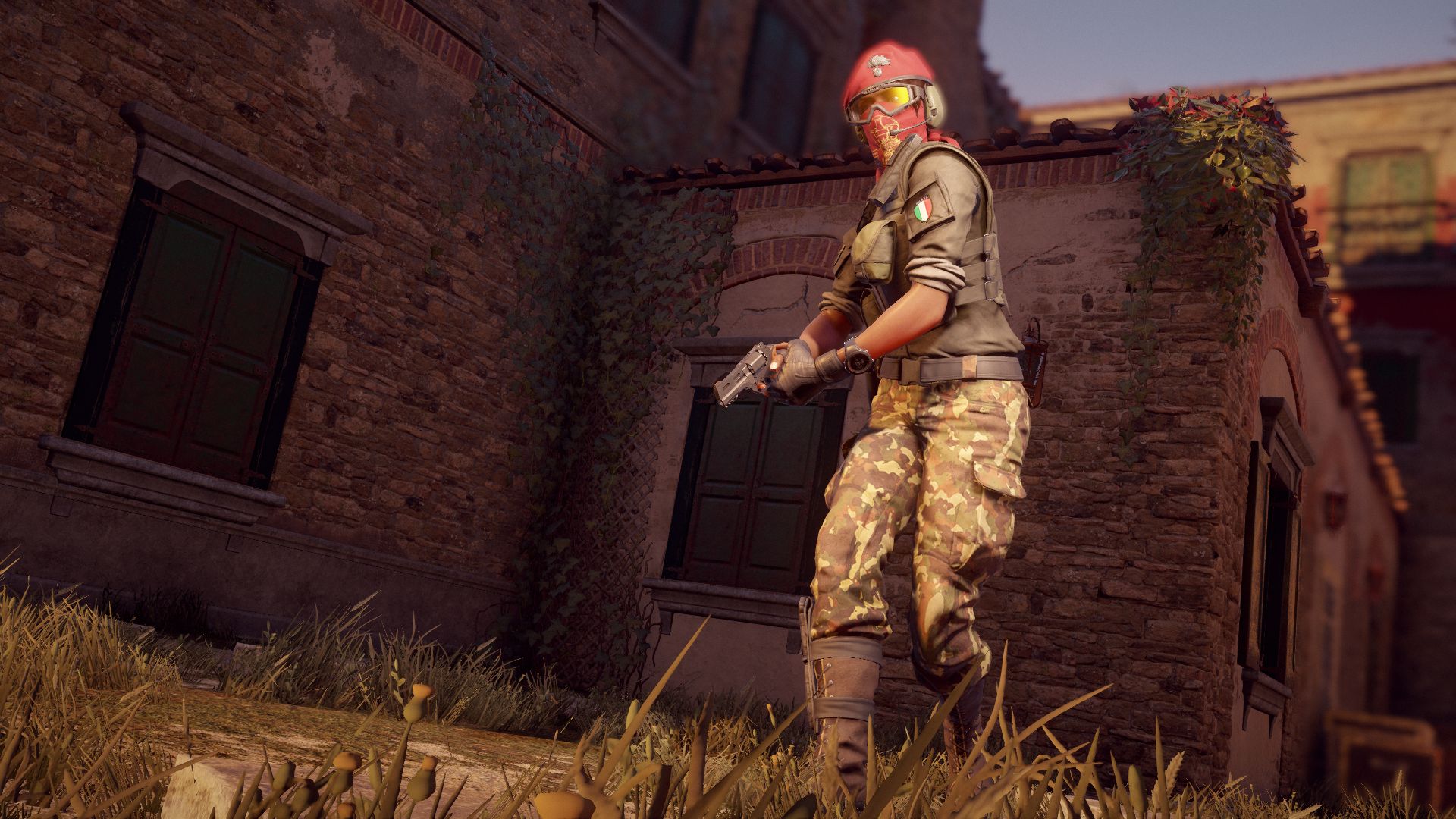Rainbow Six Siege’s esports scene continues to excite
Ubisoft Montreal continues to mix things up and invest in the future of Rainbow Six Siege’s competitive scene.

I’m on the ground at the Paris Major – the first instance of the now semiannually occurring Rainbow Six Siege major global comp – and it’s awesome. I was at the first Six Invitational, which was held in a small studio located off a back alley.
Fast forward a year, and the second Six Invitational was held in a significantly larger venue. Now just six months later, it’s bigger again. It’s not just a bigger venue, either. The production has been bolstered, the UI is more viewer-friendly and the dynamic backdrops behind the players help connect viewers to the players’ operator choices. The crazy thing is the Paris Major will pale in size to the Rainbow Six Siege Pro League Season 8 finals, which will be held in Rio de Janeiro’s Olympic Park that seats 12,000 people. That particular tournament will reportedly have a US$275,000 prize pool.
Siege’s meteoric rise in popularity for its competitive scene is also matched in the main game. And like the main game, Ubisoft Montreal isn’t afraid to make big changes to the tournament structure multiple times a year. At the Six Invitational, this was evidenced in the announcement of a pre-round operator banning phase, transparency of operator choices (with an optional secret sixth choice) and a shift in format to five consecutive rounds of attack or defence.
These tournament-level features are now in effect at the Paris Major. The banning phase is a welcome addition to stop the operator-specific run-away wins that were present at the first two Invitationals. It means that teams are forced to have an even wider variety of strats and subsequent adaptability because their favourite operators might be unusable on a map.

The transparency of operator selection also adds to the pre-match strategising, while the strangely underused sixth secret operator selection gets the mind games started early. I was initially concerned about the five consecutive rounds in attack or defence, but map whitewashings aren’t as abundant as I’d anticipated.
At the Paris Major, the big esports news wasn’t changes to the match format, instead, it’s changes to how teams will be supported. Ubisoft Montreal is following the path of player-funded prize pools. Well, partially. Next year’s Six Invitational in Montreal will have a base US$650,000 prize pool, which is already an impressive amount. More impressively, Ubisoft expects that number to swell to $1 million (and potentially above) based on player funding.
It’s not the first esport to follow this path, but it’s a great step in the right direction for viably supporting teams. Purchasing special in-game Pro League charms (Golden Chibis) help to bolster the prize pool (9% of the cost). Twenty-one percent of the sale of the charms goes to the teams that are part of the program, too, which is a great step towards bolstering player compensation.
Keep up to date with the most important stories and the best deals, as picked by the PC Gamer team.
On top of this, players will be able to purchase in-game cosmetics in the form of team-specific charms and weapon skins to support their favourite teams. This initial run of teams in what Ubisoft Montreal is calling a Pilot Program includes Australia’s own Fnatic.
The more Fnatic has a chance to compete against international teams in LAN conditions, the better their chances will be to one day hold up the Invitational hammer
While Fnatic, unfortunately, didn’t make it out of the qualifying rounds at the Paris Major, it’s great to see they’re one of the first teams that’s being supported in the Pilot Program. Purchasing a Fnatic charm or weapon skins means that 30% of the cost of the purchase will be fed back to the team.
My hope is this input of additional team funds can be used to sponsor initiatives like team tours or, as Fnatic coach Dizzle teased during the Paris Major esports panel, trips to the Dreamhack LAN events. The more Fnatic has a chance to compete against international teams in LAN conditions, the better their chances will be to one day hold up the Invitational hammer (or the newly forged and totally badass Paris Major shield trophy).
While the Paris Major’s tournament news isn’t as big as the pre-match changes announced (and now in action) at the Six Invitational, Ubisoft’s continued support of Rainbow Six Siege is a big part of why it’s continuing to explode in popularity.

